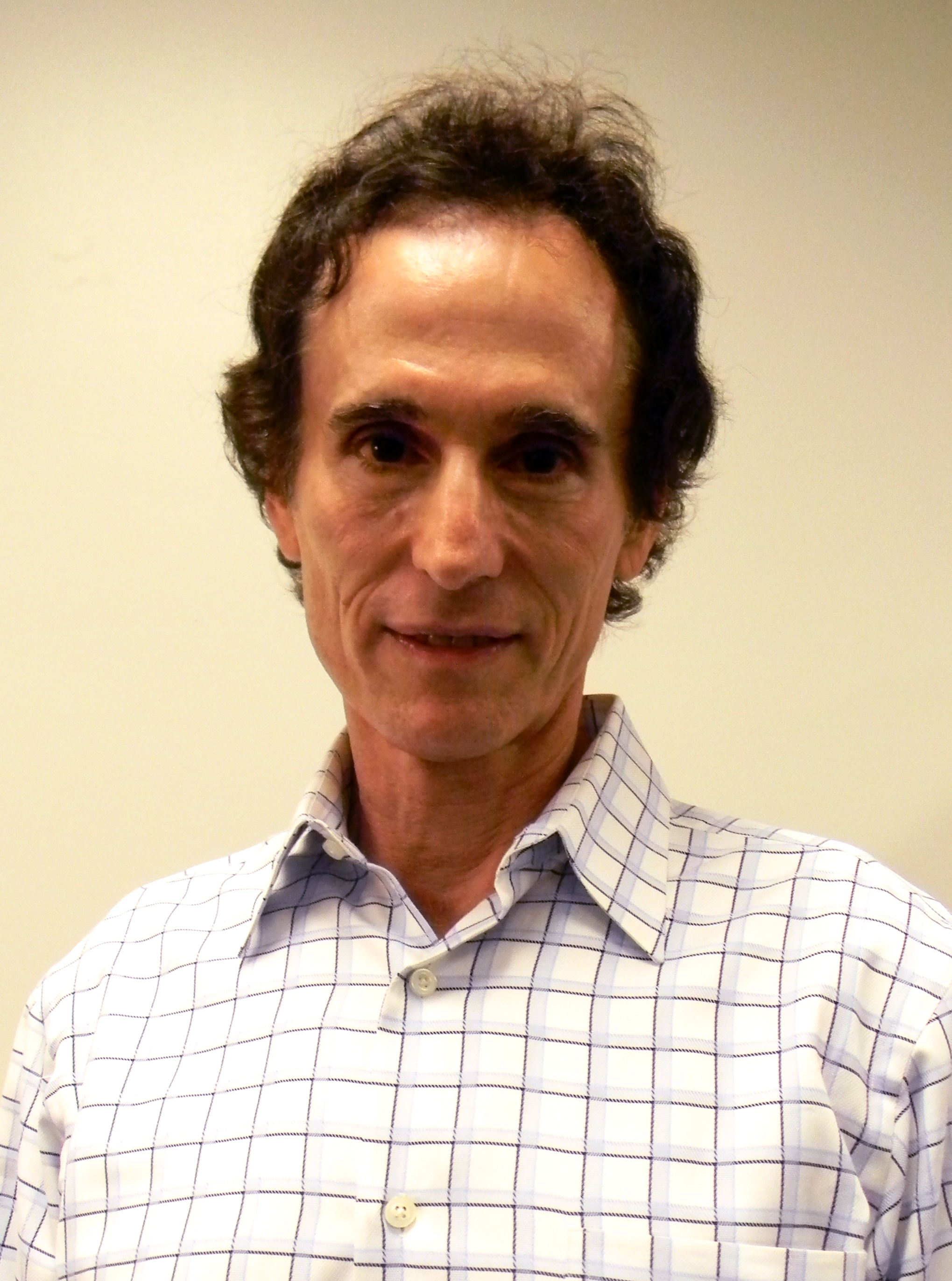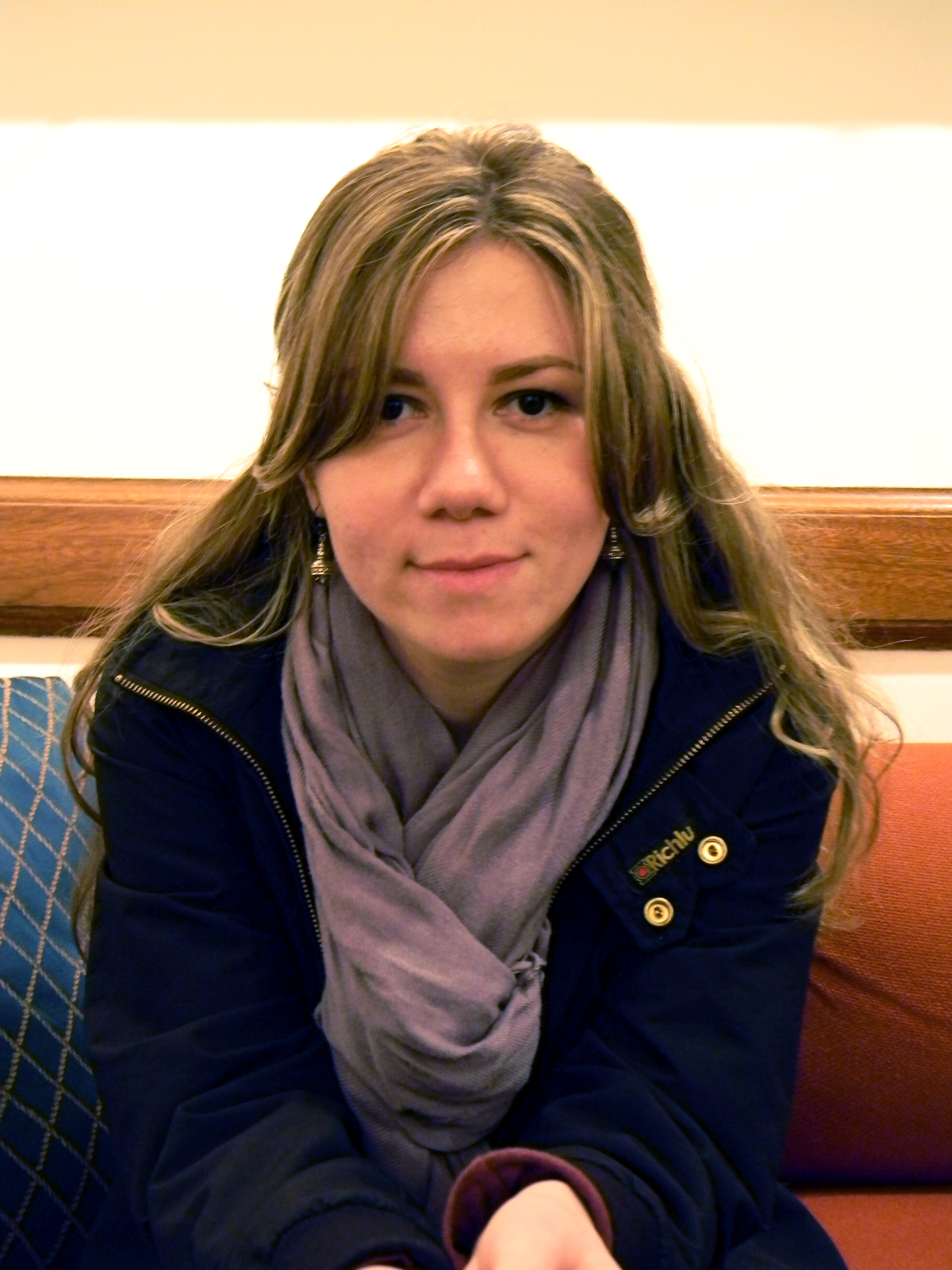
Redford
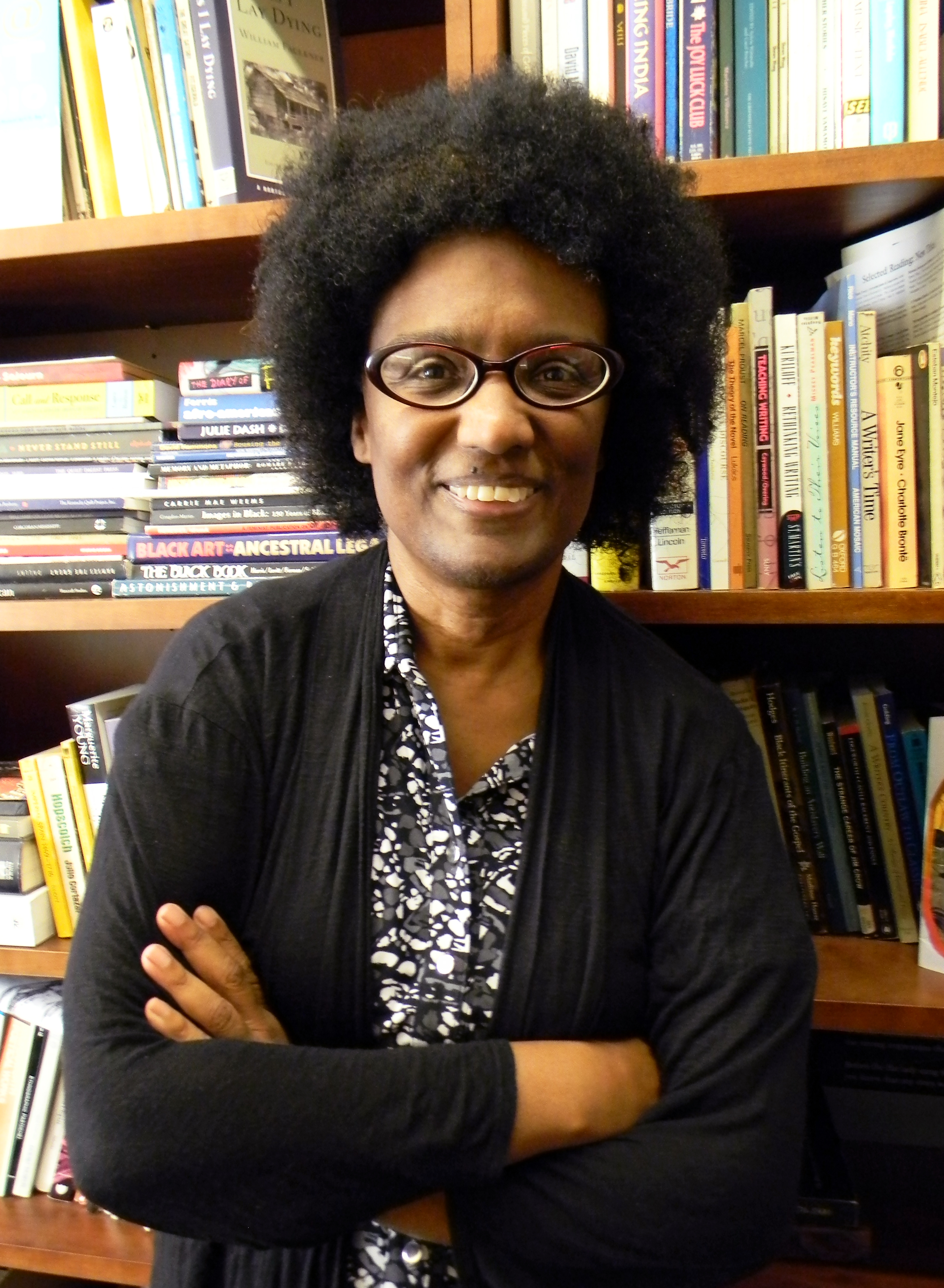
Mullen
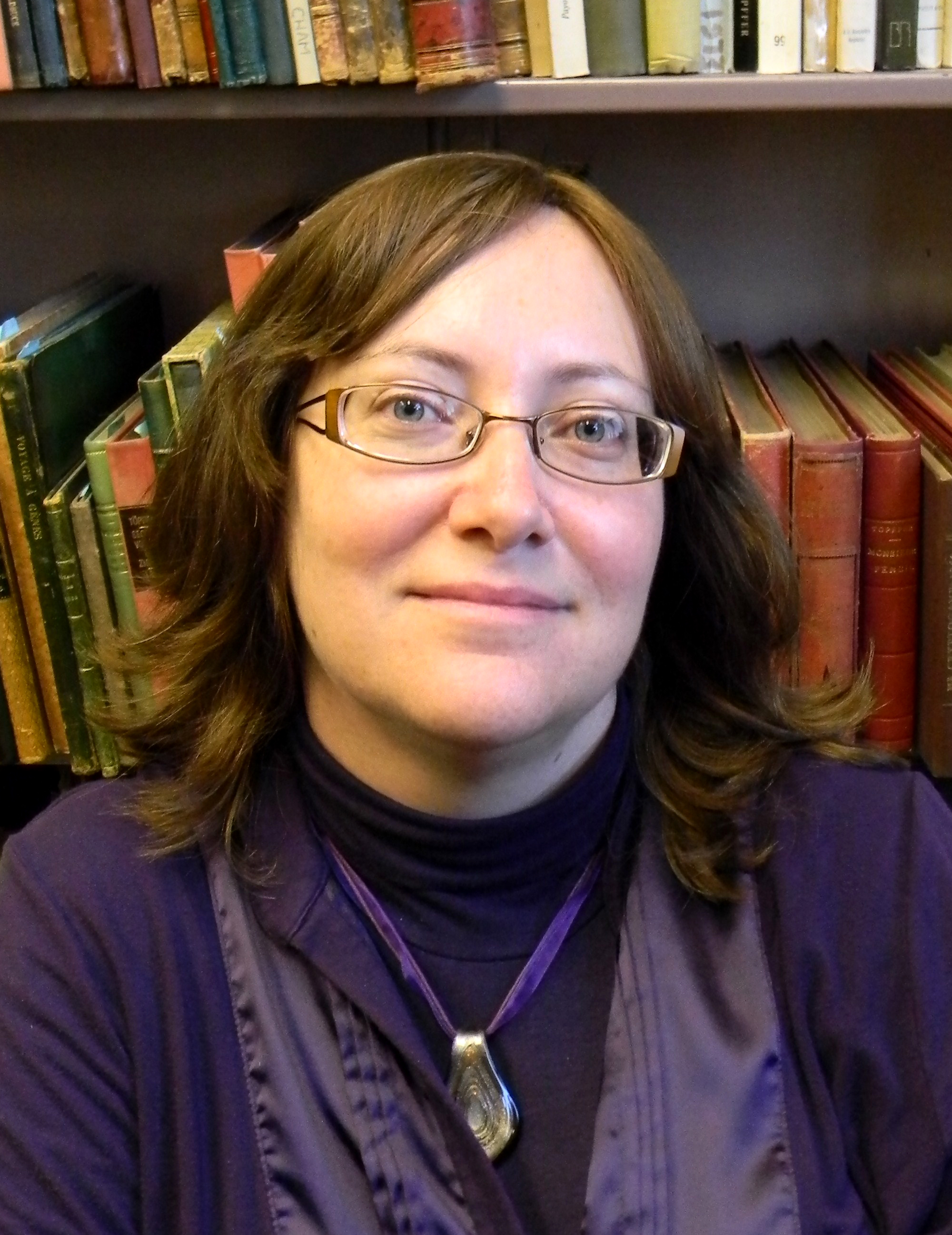
Medvedev
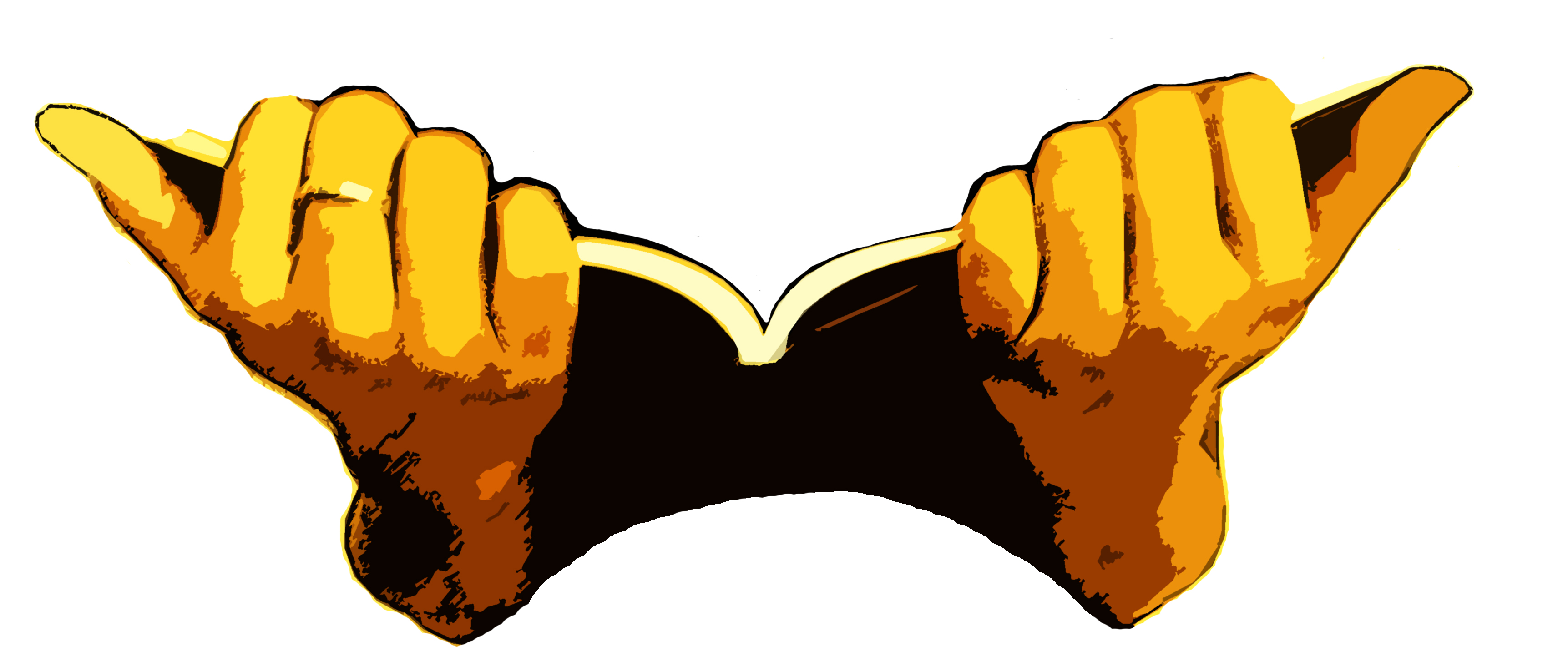
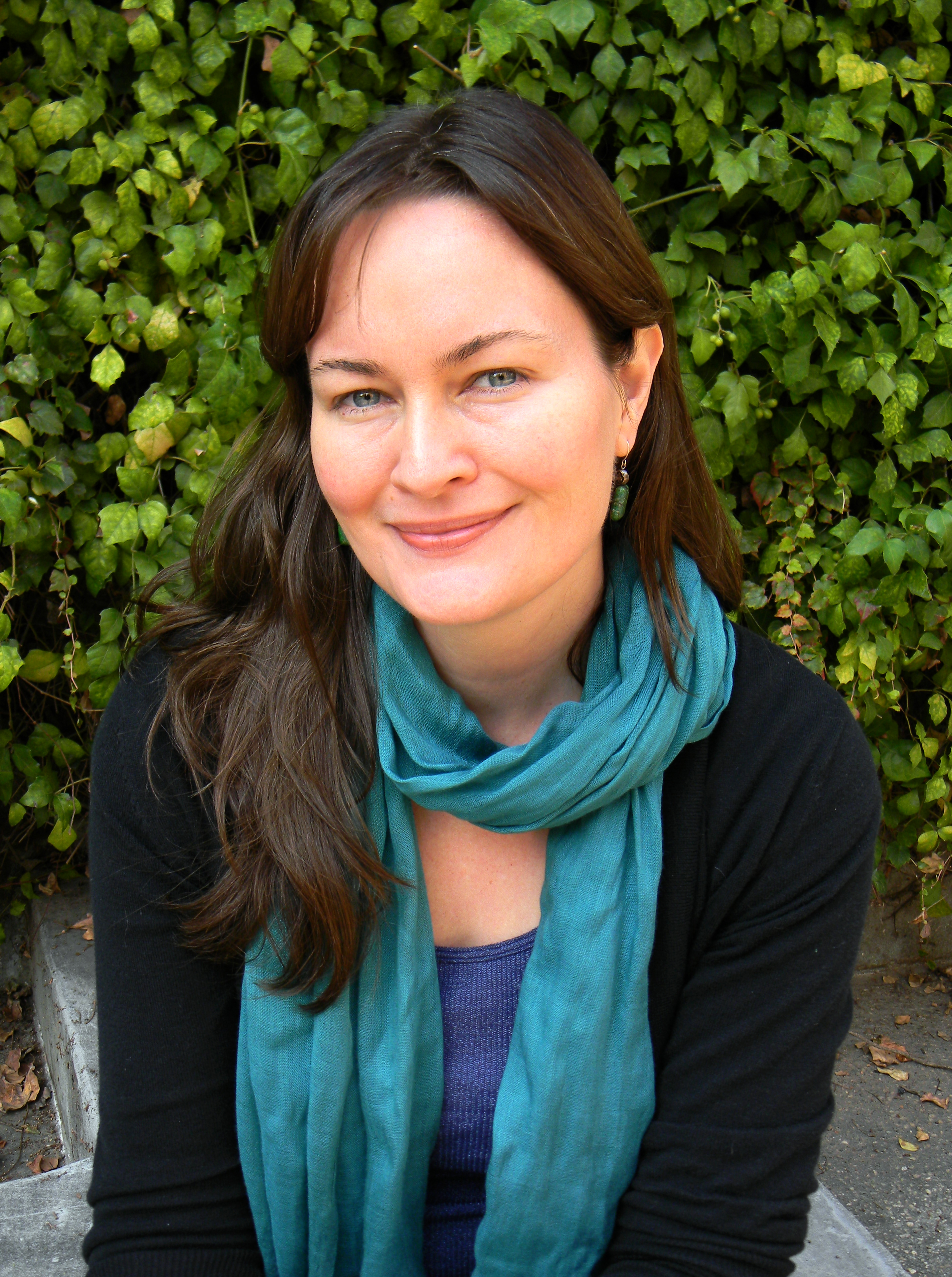
Meacham
Going to class, it’s easy to forget that professors, lecturers and graduate students were once students themselves. The Daily Bruin’s Lauren Roberts spoke with some of these educators about their favorite and most influential books while growing up and as younger students. Read their thoughts on the literature they discovered before their time behind the podium.
Natasha Medvedev, Art history lecturer:
“The Three Musketeers” by Alexandre Dumas
“The Three Musketeers” was the first adult book I read when I was about 7 or 8. It probably wasn’t the best book to give to a 7-year-old. … It sparked great interest in history. I was growing up in the Soviet Union where there was limited access to books and good history books especially. There was no Internet with Wikipedia where you can go and Google things like “genealogy of French kings” and things like that. My original interest in French history that was sparked by “The Three Musketeers” led me to reading everything else I could possibly read on French history, … something that I could not pick up from my regular history book because they were just not available. And if they were, they were ideologically heavy in terms of the Soviet propaganda then.
Renata Redford, Italian graduate student:
“Beloved” by Toni Morrison
I remember when I was about 15, I read “Beloved” by Toni Morrison for the first time, and I remember most of my classmates at that time … thought that the novel was too violent and too historical. … Since then I’ve reread the book about nine times, and every single time I find something new. … As a woman and an immigrant ““ because I’m a first generation immigrant ““ it really helped me understand what it meant to be “other” in a different scope. … And it taught me a lot more about how literature can inform someone about the human condition. It changed the way I looked at literature because I had been reading voraciously before then, but it was such a heavy, painful, brooding book. It never left my memory.
Phil Kellman, Psychology and cognitive science professor:
“Beyond Good and Evil” by Friedrich Nietzsche
“Cognitive Psychology” by Ulric Neisser
“Beyond Freedom and Dignity” by B.F. Skinner
I remember reading (Friedrich) Nietzsche early in college, which got me very interested in philosophy. … “Beyond Good and Evil” is one I remember. Later, as I got more interested in what we would now call cognitive science, I read (Ulric) Neisser’s “Cognitive Psychology,” which is often considered the first major book in the field. … The copy of that book that I found at a book sale at Georgetown had scratched out the name of a former owner ““ it was Bill Clinton. I still have it. And then I think reading B.F. Skinner’s works, especially “Beyond Freedom and Dignity” got me to think about the issues in that book … for about a year because I just felt that he was so profoundly wrong about everything, but I didn’t want to dismiss it without having the arguments clear in my head. … “Beyond Freedom and Dignity” and Skinner’s book about behaviorism were both catalytic in that they clarified a lot of things in my head, and I think they’re just terrible in their seductive pseudo-logical appeal.
Harryette Mullen, English and creative writing professor:
The works of Gwendolyn Brooks
The poet Gwendolyn Brooks, … when I was an undergraduate, there was no such thing as African American literature, it didn’t exist. … I used to go to used bookstores and look for black writers because we weren’t studying them in school ““ (Brooks) and Langston Hughes.
She was very interested in the ordinary people. … She was not an ethereal poet … she was very grounded. I appreciated that because I’d thought poetry was only about these lofty, ethereal subjects, and when I saw that you could actually write poetry in an interesting way about ordinary, everyday people, that was a kind of revelation for me. She and Hughes did that. They took what was around them and showed the poetry and the beauty of the ordinary person that you would probably just walk right past and not notice.
Sarah Meacham, Anthropology lecturer:
“The Handmaid’s Tale” by Margaret Atwood
I really enjoyed Margaret Atwood’s books when I was a teenager. … I read most of her novels, and they run together in my mind. But “The Handmaid’s Tale” was pretty influential in that it’s a work of fiction, but also a feminist commentary. … I feel like it brings up all of these political issues about women’s bodies and reproduction and control that women have within society over their bodies but also otherwise. I feel that overt political discussion has in some sense been lost; I feel like you don’t hear people discussing these things. … People still talk about abortion. I think in a university context you do see a lot of discussion of those issues. But for me it represents a very stark, passionate, scary vision.
